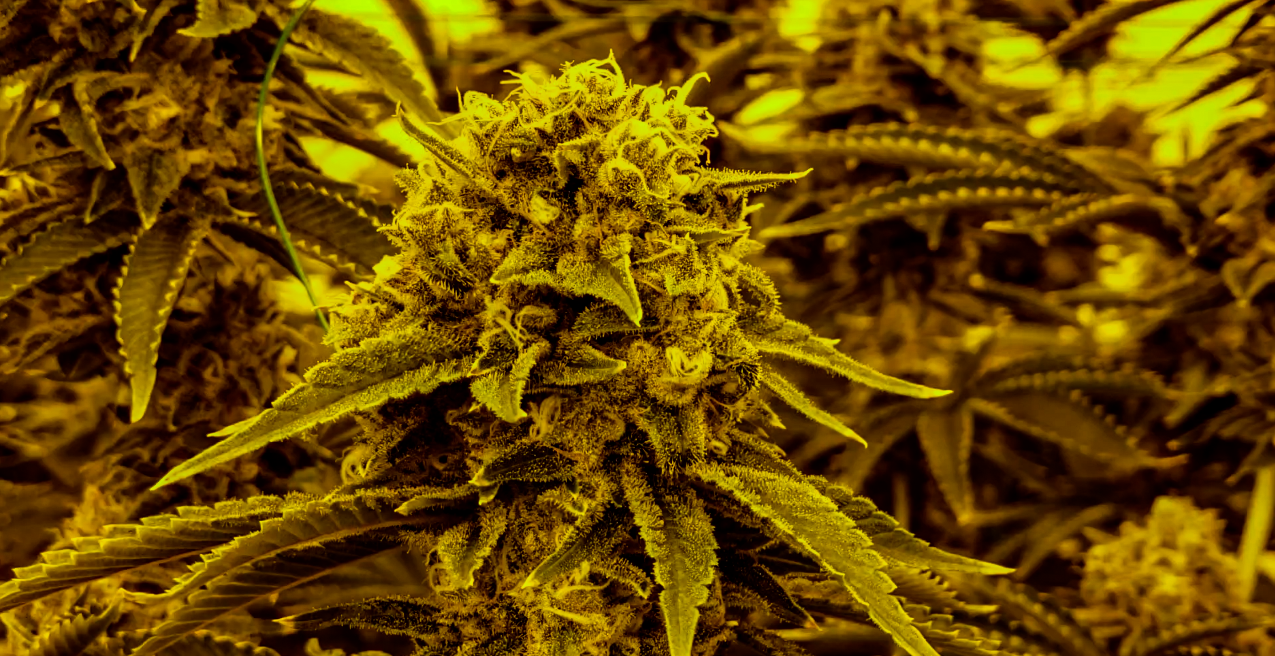Preface: “It’s Cannabis sativa. It’s not ‘pot,’ it’s not ‘weed.’ Call it by the plant’s name!” was a well-received statement made by the chief creative officer for Mary (the mature voice of cannabis culture) at the first biannual Cannabis Media Summit last month in New York. His statement eluded to the stigma that is forming in the minds and opinions of many members of the public who are not well educated on the topic of cannabis or CBD.
Honestly, we all know that cannabis, at least in recent history, is often associated with hippies smoking in the back of their bright yellow flower decaled Volkswagen Microbuses. It’s a stigma that is hard pressed to change if those well versed in the medical aspects of cannabis don’t learn to take out the ‘pot’ and educate consumers and patients about the actual science behind the plant.
Many people also have no idea that cannabis isn’t just another “essential oil” product being pushed by either drug addicts who want legal drug use or natural health “freaks.” Before you lovely mama’s out there reading this get upset, essential oils are wonderful. But we do know that many people think it’s just an over-hyped trend and do not bother to find out more.
Society is struggling to separate the cannabis plant from the ingrained ideas of previous generations. Even CBD loving experts often make the mistake of joking about smoking weed or selling pot as a way to ease into their product promotion. It’s hurting the industry and making it harder for those using CBD to escape the embarrassment they often feel when confronted by naysayers.
How to Eradicate the Cannabis Stigma
So, how do marijuana lovers eradicate this notion that cannabis is an addictive drug, which up until now was illegal because it can make you high? It starts just like the above quote says, by using the proper wording for the plant and its cannabinoids and speaking up as needed.
It is confusing to the uneducated public when marijuana, hemp, CBD, and cannabis (etc.) are used interchangeably in the same article or media interview. People don’t often understand that hemp and marijuana are not the same and THC is what makes you high, while CBD is a powerful non-addictive supplement. They lump it all together in this broad heading of drugs. It needs to be separated and simplified before society can accept it for what it truly is, a powerful healer from a very complex plant.
Why You Should Get Your Medical Marijuana Card
Veriheal has satisfied millions of patients nationwide by giving them access to these benefits
- Larger purchase limits
- Peace of mind
- Enhanced legal protection
- Access to higher potency strains
- Save up to 25% on cannabis purchases
- Skip the line at the dispensary
Those doing media interviews on the topic of cannabis need to be careful to define their terms and make distinctions between THC containing products and those without. They need to assume they are talking to people who have no idea about the industry and talk in simple ways about this complex topic.
It is always important to help others understand the Endocannabinoid system. Let’s face it, even many doctors know very little about the ECS, because it is such a recent discovery. Information surrounding this system is not in standard textbooks that most med students have used over the last fifty years. Doctors are starting to take notice as science becomes more excited about their discoveries in this field, but it surely is slow-going.
How to Escape the Stigma as a CBD User
For those using CBD for medically purposes, don’t let the stigma hinder you. Use the opportunity to share your story and clarify that you aren’t on ‘drugs’ or ‘smoking weed’, in fact, you are avoiding them (the prescription kind anyway). Don’t be afraid to comment on that Facebook story about cannabis that shows up in your newsfeed. Chime in with your story.
Understanding the laws in your state and in the country are crucial so that you can easily refute any misinformation. With the new laws being passed recently people are even more confused. More than a few believe that the recent Farm Bill just legalized marijuana in the US. Again, they don’t know that the Cannabis Sativa and Cannabis Indica plants are a family of plants, and not all are equal or the same.
Focus on the positives and refute the negatives. Let others know you are glad not to need prescriptions to handle your pain or anxiety anymore. The cannabis supplements are healing your body without harsh side effects. Share the facts about CBD side effects (not many) as opposed to commonly used medical drugs.
Remember that the lack of education is what is feeding the misinformation. Understanding and courtesy are needed all around when the topic of cannabis is being discussed.
Cannabis Has a Chance
Despite the fact that so many people are confused and misinformed about cannabis, the tide is slowly turning. The passing of the farm bill alone was a huge step in the right direction. Now that government is willing to separate hemp from its well know sister plant, cannabis, the door is open for better production and information. There is obviously a ton of work to do before people begin to understand the use of cannabis for medicinal purposes. We need to leave behind those negative terms associated with a previous generation and start afresh to reinvent the world’s opinion of such an important plant.
Author, Share & Comments
















